Rights Groups Slam Pakistan After Media Watchdog Member Denied Entry
Broadcasts in today's Pakistan are arbitrarily suspended in a manner better suited to repressive regimes where 'autonomous' regulatory authorities are in reality a handmaiden of the state
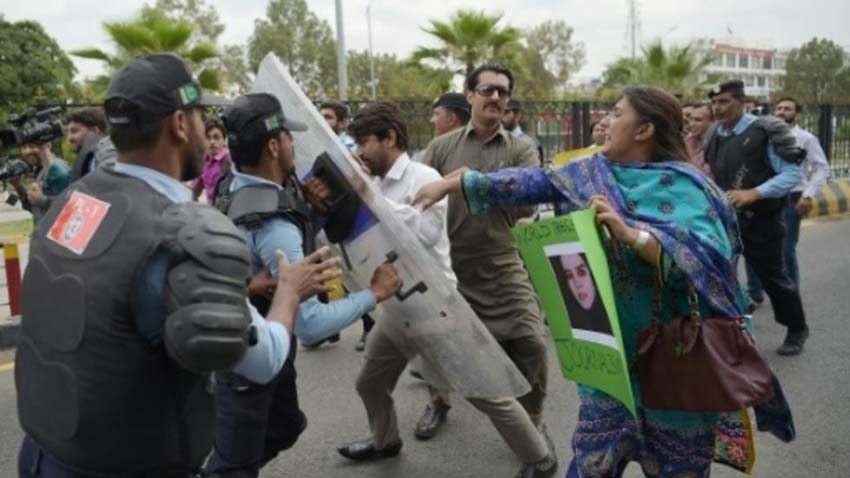
Photo Credit : AFP
Islamabad - Rights organisations have slammed Pakistani authorities after a member of a leading media watchdog was denied entry to the country, calling the move a "slap in the face to those concerned about press freedom".
Immigration officials at Lahore airport Thursday told Steven Butler - the Asia programme coordinator of The Committee to Protect Journalists (CPJ) - he was on an Interior Ministry "stop list", the rights group said.
Butler had travelled to Pakistan on a valid visa to attend a human rights conference in Lahore, according to CPJ and organisers of the event.
After arriving in the country, Pakistani officials confiscated his travel documents and Bulter was put on a plane back to Doha and later to Washington, CPJ said.
"Pakistani authorities' move to block Steven Butler from entering the country is baffling and is a slap in the face to those concerned about press freedom in the country," said Joel Simon, CPJ?s executive director, said in a statement.
"If the government is interested in demonstrating its commitment to a free press, it should conduct a swift and transparent investigation into this case."
Last year, Butler had authored a CPJ report warning that the powerful Pakistani military had "quietly, but effectively, set restrictions on reporting".
Pakistan's ministry of interior and information both refused to comment on the case when contacted by AFP.
Brad Adams, executive director of Human Rights Watch's Asia division, called the move "alarming" and demanded the government "reverse the decision and take urgent steps towards providing an enabling environment for free expression".
The organiser of the event also voiced concerns.
"The theme of this year's conference itself was freedom of expression. If they are doing this to a member of a media watchdog what else is left?" said Munizae Jahangir, an organiser of the Asma Jahangir Conference-Roadmap for Human Rights in Pakistan.
The move comes amid growing complaints from the media in Pakistan that they have been subjected to increasing censorship and pressure following the election of Prime Minister Imran Khan in 2018.
Earlier this week Pakistani news outlet Geo announced that they were unable to broadcast a press conference of a leading opposition member after receiving a warning from regulatory authorities.
"Broadcasts in today's Pakistan are arbitrarily suspended in a manner better suited to repressive regimes where 'autonomous' regulatory authorities are in reality a handmaiden of the state," read an editorial in the Pakistani daily Dawn on Friday in response to the incident.
Pakistan routinely ranks among the world's most dangerous countries for media workers, and reporters have frequently been detained, beaten and even killed for being critical of the government or the powerful military.
In recent years the space for dissent has shrunk further, with the government announcing a crackdown on social networks and traditional media houses decrying pressure from authorities they say has resulted in widespread self-censorship.
-
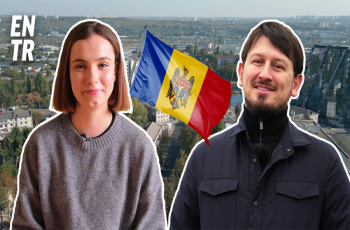
Moldovan youth is more than ready to join the EU
2024-04-18 -
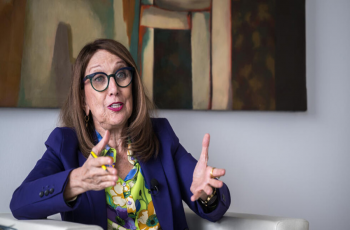
UN says solutions exist to rapidly ease debt burden of poor nations
2024-04-18 -
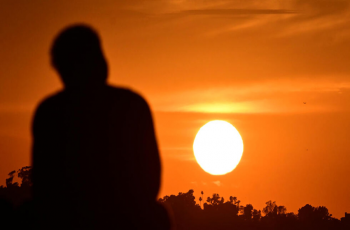
'Human-induced' climate change behind deadly Sahel heatwave: study
2024-04-18 -
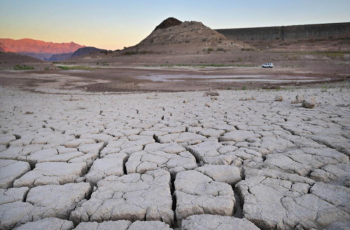
Climate impacts set to cut 2050 global GDP by nearly a fifth
2024-04-18 -
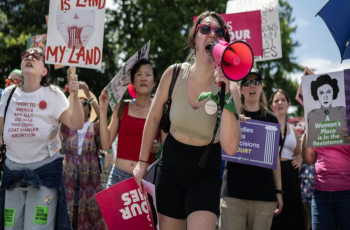
US sterilizations spiked after national right to abortion overturned: study
2024-04-13 -
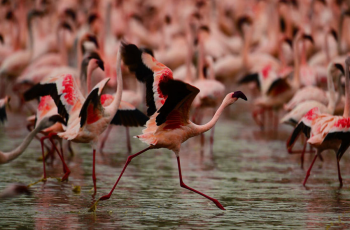
Future of Africa's flamingos threatened by rising lakes: study
2024-04-13 -
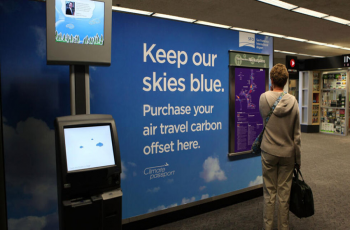
Corporate climate pledge weakened by carbon offsets move
2024-04-11 -
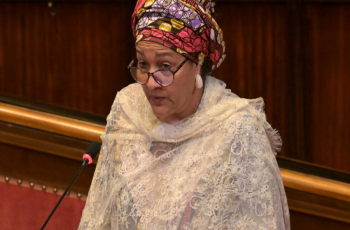
Humanity lost 'moral compass' on Gaza: top UN official
2024-04-10 -

No.1 Scheffler says patience and trust are secrets to success
2024-04-10 -
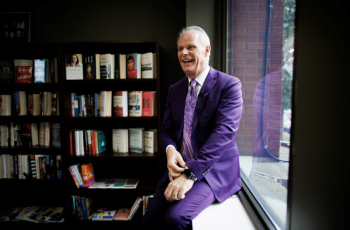
From homeless addict to city chief: the unusual journey of Canadian mayor
2024-04-10
